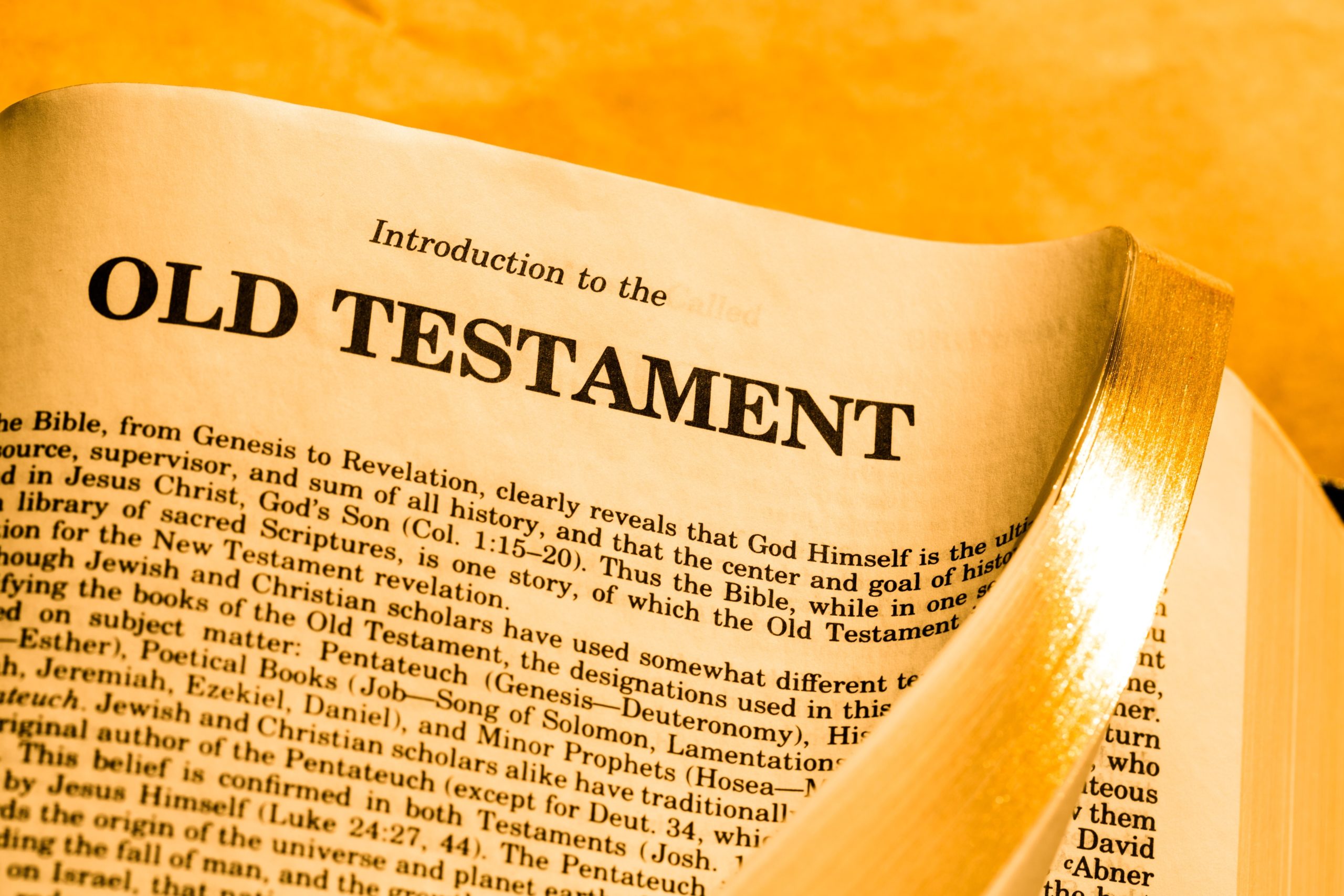Are we supposed to avoid saying false gods’ names?

“And in all things that I have said unto you be circumspect: and make no mention of the name of other gods, neither let it be heard out of thy mouth.” Exodus 23:13 (King James Version)
Israel was prone to be influenced by the world around them and often worshipped heathen gods. This was extremely offensive to God and resulted in severe punishments.
In Exodus 23, the LORD gave Israel the law of the sabbath and three festivals. During the Sabbath year, the people were not to work the land in the seventh year (verse 10, 11) This was for various reasons:
- It was wise land management and allowed the land to replenish its nutrients.
- But more importantly, it showed God’s providential care for Israel.
In another account of the Sabbath system (Leviticus 25: 20, 21), the people asked what they would eat during the Sabbath year since they could not grow crops. God’s answer was that He would provide an abundant harvest during the sixth year, enough to supply food not only during the Sabbath year but the following year as well.
The Sabbath was also a day of rest during the week (verse 12). There were again at least two reasons:
- Life needs time to rest and recover from its labors.
- But the seventh day was also a day of remembering God and His blessings (See also Exodus 16:23).
Exodus 23 goes on to list the three festivals Israel was to observe – the Passover, the Feast of Weeks (or Pentecost) and the Feast of Tabernacles. Each of these were special times of remembrance for the care God provided for Israel. The common thread in the Sabbath and festival laws was that they were to remind Israel of God’s care and blessings in every aspect of their lives.
Verse 13 may seem out of place. Why mention “other gods” in this context? The point is that other gods could not provide any blessings for Israel. This fact is being contrasted to the provisions of Jehovah, who had already done so much for them. So, verse 13 is not out of place at all. It is a lesson for all believers to consider.
What does it mean that we should not utter the name of any false god? For the word “mention,” Strong’s Exhaustive Concordance says it means, “to remember, recall, call to mind.” This does not seem to mean that the name of false gods should never pass our lips. In fact, the names of false gods are mentioned often in Scripture. It simply means they should not become objects of worship or occupy any time even considering them.
To learn more about how false gods and idols affect our life today listen to, “Do I Have Other Gods and Idols in My Life?”






